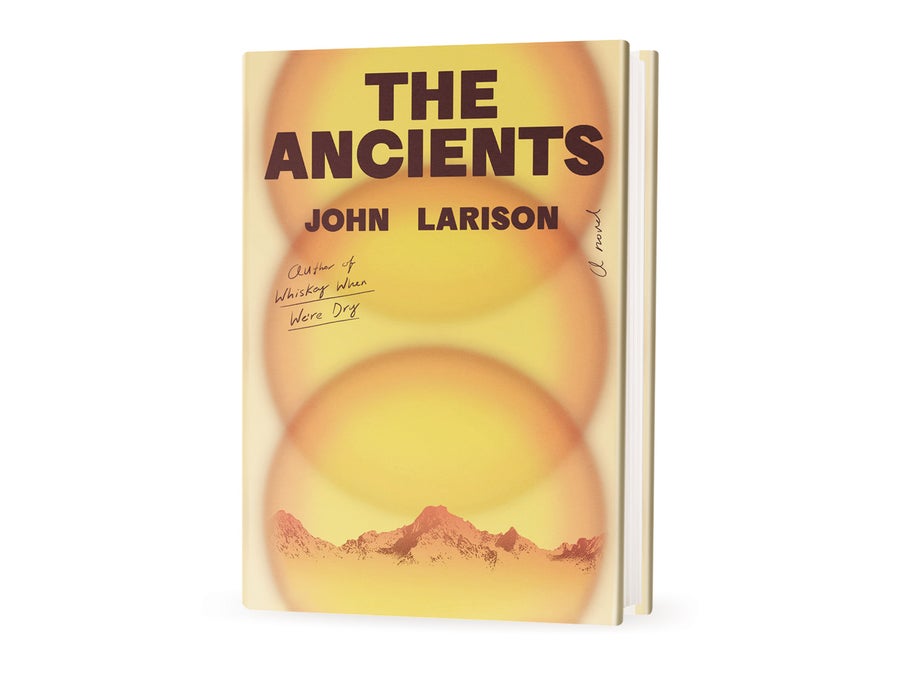FICTION
The Ancients: A Novel
by John Larison.
Viking, 2024 ($30)
The Ancients opens with a bravura set piece of two sisters and their younger brother traversing a mountain range alone, on the brink of death. In author John Larison’s depiction of a world that is both postapocalyptic and preapocalyptic, each sentence breaks as blunt as the stones the siblings must sleep on. Here, in this brisk, bold adventure of tribal migration, Larison confronts what it means to be human amid shifts in climate across millennia.
On supporting science journalism
If you're enjoying this article, consider supporting our award-winning journalism by subscribing. By purchasing a subscription you are helping to ensure the future of impactful stories about the discoveries and ideas shaping our world today.
Some 230 generations after a great environmental disaster, villagers who have long fished or hunted elk find themselves once again forced to decamp from their homes in the face of a terrifying change. Deserts are swallowing lands that, readers soon learn, once were known as Alaska. On their journey the siblings encounter other tribes, other ways of living and thinking, and even a city that teems with all that’s great and cruel in civilization.
As Larison examines the crucial role of storytelling in humanity’s survival, the characters sing, chant, read, dance and even act on a stage, recalling the words of the ancients. These tales and warnings embody the practices, customs and rituals that have helped each far-flung group survive. They prove so powerful, in fact, that the plot turns on people’s efforts to control passed-down narratives. They stage myths and fake scrolls to make it easier for the powerful to shape understanding of the present.
With themes of slavery, bloody vengeance and the greed of the civilized, Larison’s own storytelling likewise draws on ancestral predecessors, including tribal origin stories and religious texts. The novel’s imaginative sweep connects the ages of papyrus, pulp fiction and 20th-century epic potboilers such as Leon Uris’s Exodus.
As survival fiction, the first chapters of The Ancients measure up to the work of Jack London and other greats of the genre in the attention paid to how much of what’s human gets stripped away in the wild—and how much endures. But the story edges toward an action extravaganza as the novel barrels on, restlessly jumping among a host of storylines. Larison, who brought such welcome humanity to the outlaw Old West in Whiskey When We’re Dry, here risks doing to readers what his great city does to his villagers: overwhelm them.
For all its warnings and violence, The Ancients still celebrates humanity’s perseverance even as it asks what future societies that develop after ours might learn from the failings of our current one.

